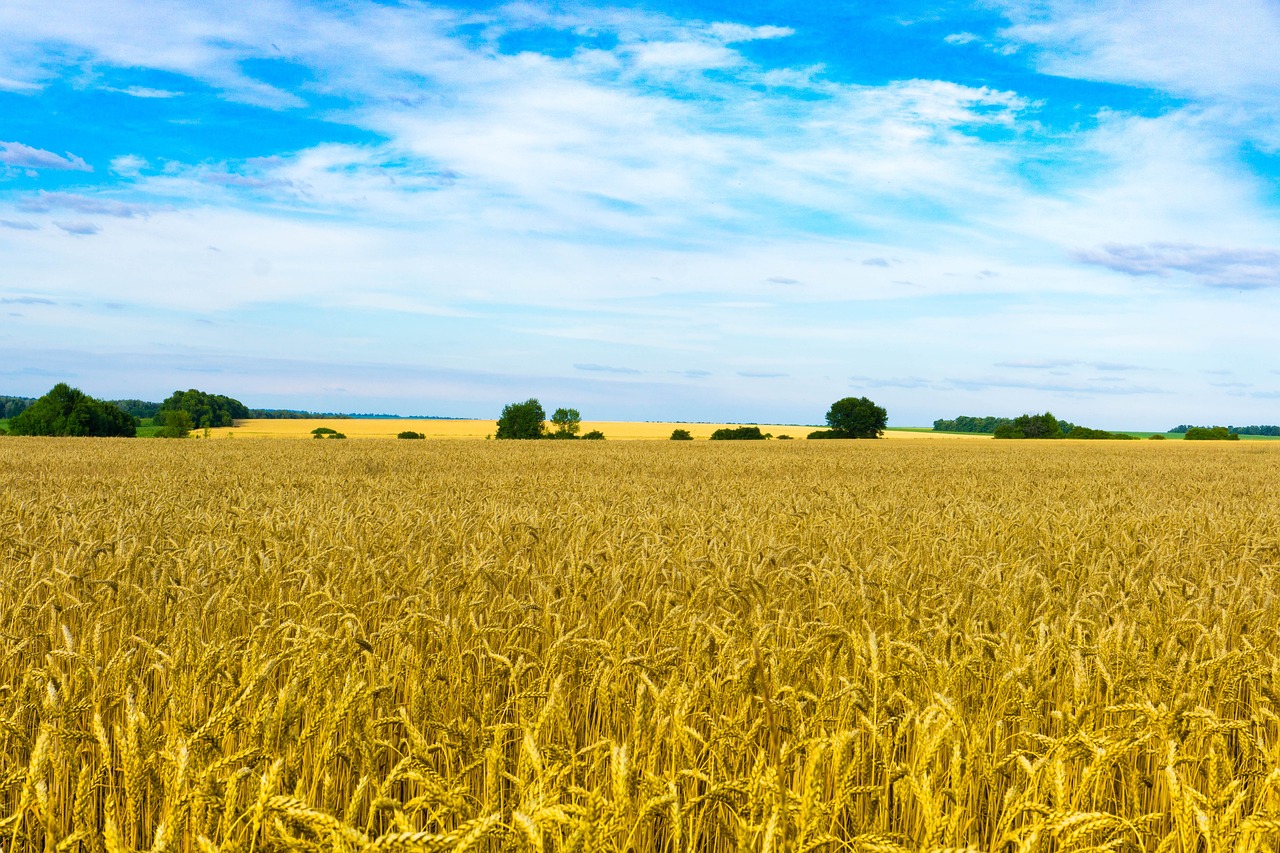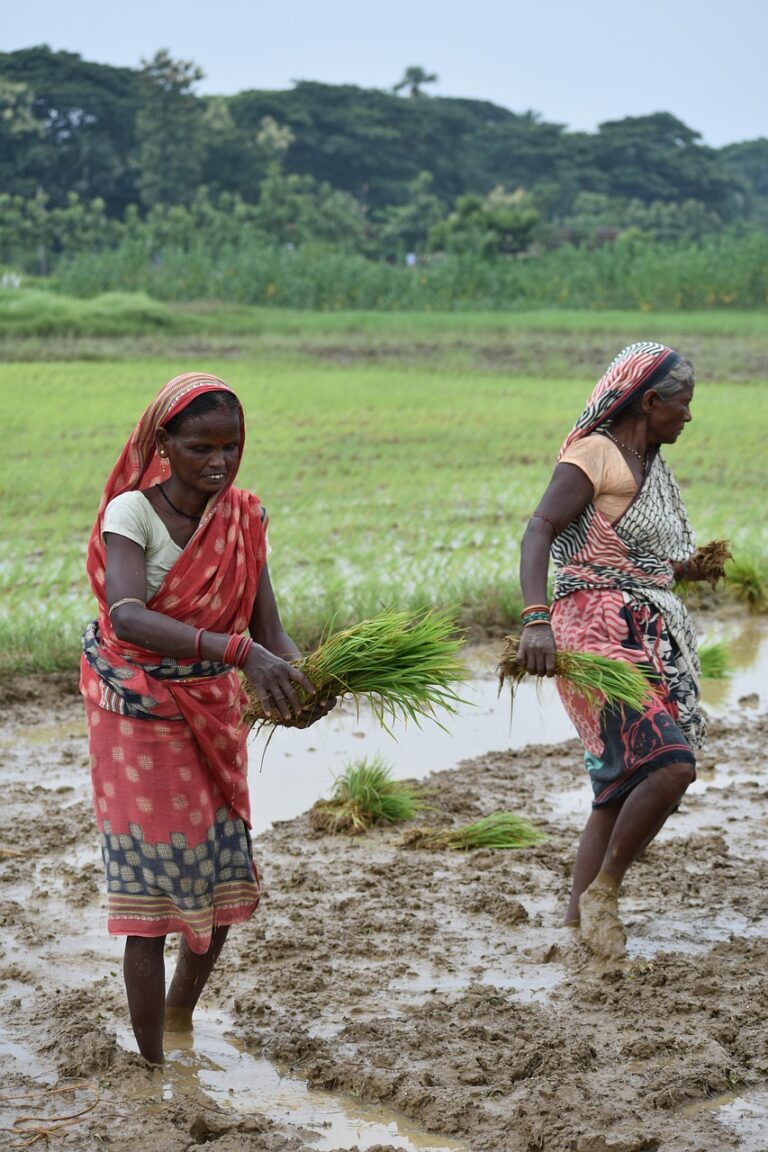
Geneva: Ukraine has requested World Trade Organization (WTO) dispute consultations with Hungary, Poland and the Slovak Republic regarding the continued imposition of import bans by the three countries on certain agricultural products, including grains, from Ukraine. The request was circulated to WTO members today.
Ukraine claims the measures imposed by Hungary, Poland and the Slovak Republic appear to be inconsistent with various provisions under the WTO’s General Agreement on Tariffs and Trade 1994 and the Agreement on Agriculture.
A communication, dated September 18, 2023, from the delegation of Ukraine to the delegation of Poland, was today circulated to the WTO Dispute Settlement Body which said that on April 15, 2023, the Minister of Economic Development and Technology of Poland imposed a ban on the importation of a wide range of agricultural products from Ukraine, apparently including a ban on the transit of these goods via Poland’s territory. This imposition of the ban order was thereafter, replaced with another order of April 21, 2023, which applied, until June 30, 2023, an import prohibition on the same broad list of agricultural goods of Ukrainian origin, while exempting goods in transit from this ban.
These measures of Poland were subsequently replaced by certain import prohibitions at the European Union level. In particular, on May 2, 2023, the EU Commission decided to prohibit the importation of four categories of Ukrainian agricultural products into Poland, Hungary, the Slovak Republic, Romania, and the Republic of Bulgaria until June 5, 2023, with the possibility of extending this measure. The EU Commission subsequently extended this prohibition until September 15, 2023.
The EU’s import prohibition is not currently in force. On September 16, 2023, the EU Commission concluded that the temporary measures introduced on May 2, 2023, had contributed sufficiently to the elimination of the market distortions in the five EU Member States bordering Ukraine. The EU authorities thus decided not to extend the measure.
However, despite the decision of the EU Commission, Poland announced on September 16, 2023, that its own ban on Ukrainian grain came into force on September 15, 2023.
With regard to Hungary, a communication, dated 18 September 2023, from the delegation of Ukraine to the delegation of Hungary, was circulated to the WTO Dispute Settlement Body concerning measures of Hungary affecting the importation of certain agricultural products from Ukraine.
On April 18, 2023, Hungary introduced a temporary import ban on various agricultural goods originating in Ukraine through a Government Decree. This temporary measure was in effect from April 19, 2023, and applied to 24 four-digit tariff subheadings for the following products: meat products, eggs, honey, vegetables, grains (such as wheat, rye, barley, maize, etc.), flour, oily seeds, sugar and wine. This Decree expired on September 16, 2023.
These measures of Hungary were subsequently replaced by import prohibitions at the EU level. The EU’s import prohibition is not currently in force but Hungary announced on September 16, 2023, that its own ban on Ukrainian products came into force on September 15, 2023.
As far as the Slovak Republic was concerned, on April 13, 2023, it applied a temporary prohibition on processing and introducing Ukrainian wheat into its feed and food chain, allegedly because a non-authorised pesticide (chlorpyrifos) had been detected in a sample of this product.
Furthermore, on April 17, 2023, the Ministry of Agriculture and Rural Development of the Slovak Republic submitted to the Government of the Slovak Republic a proposal to ban the importation of selected agricultural products and foodstuffs originating in Ukraine and to introduce a special regime for the transit of these goods through Slovak territory.
The Slovak Republic announced on September 16, 2023, that its ban on a list of Ukrainian products came into force on September 15, 2023.
The request for consultations formally initiates a dispute in the WTO. Consultations give the parties an opportunity to discuss the matter and to find a satisfactory solution without proceeding further with litigation. After 60 days, if consultations have failed to resolve the dispute, the complainant may request adjudication by a panel.
– global bihari bureau






Why is Ukrain refrained from importing products from Hungry, Poland and Slovak Republic?